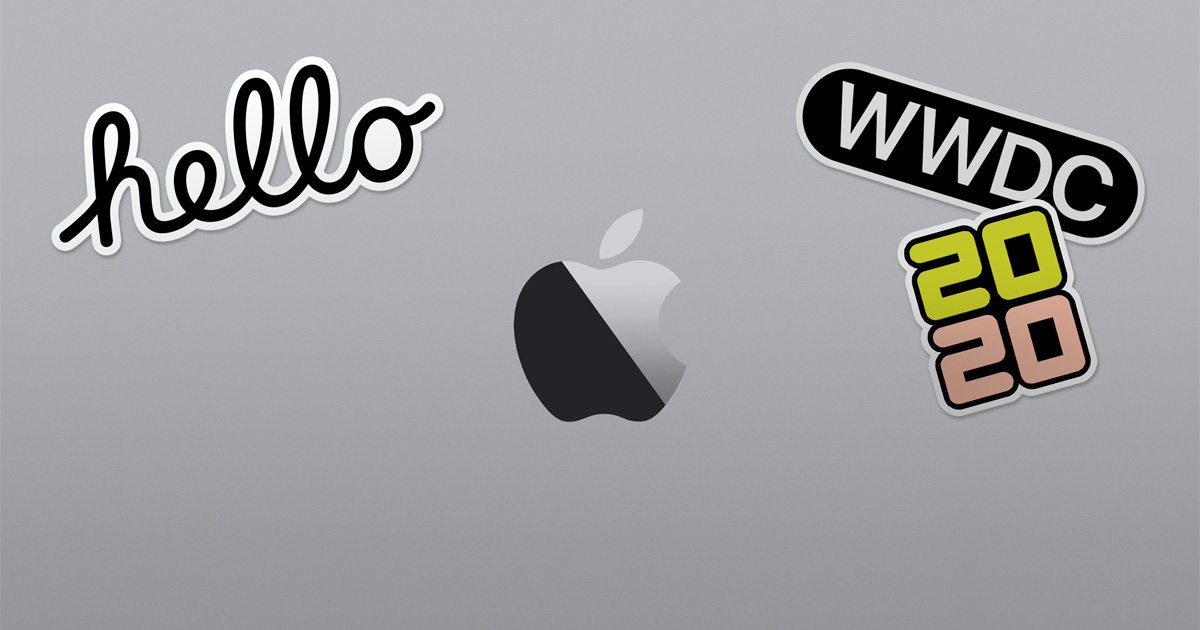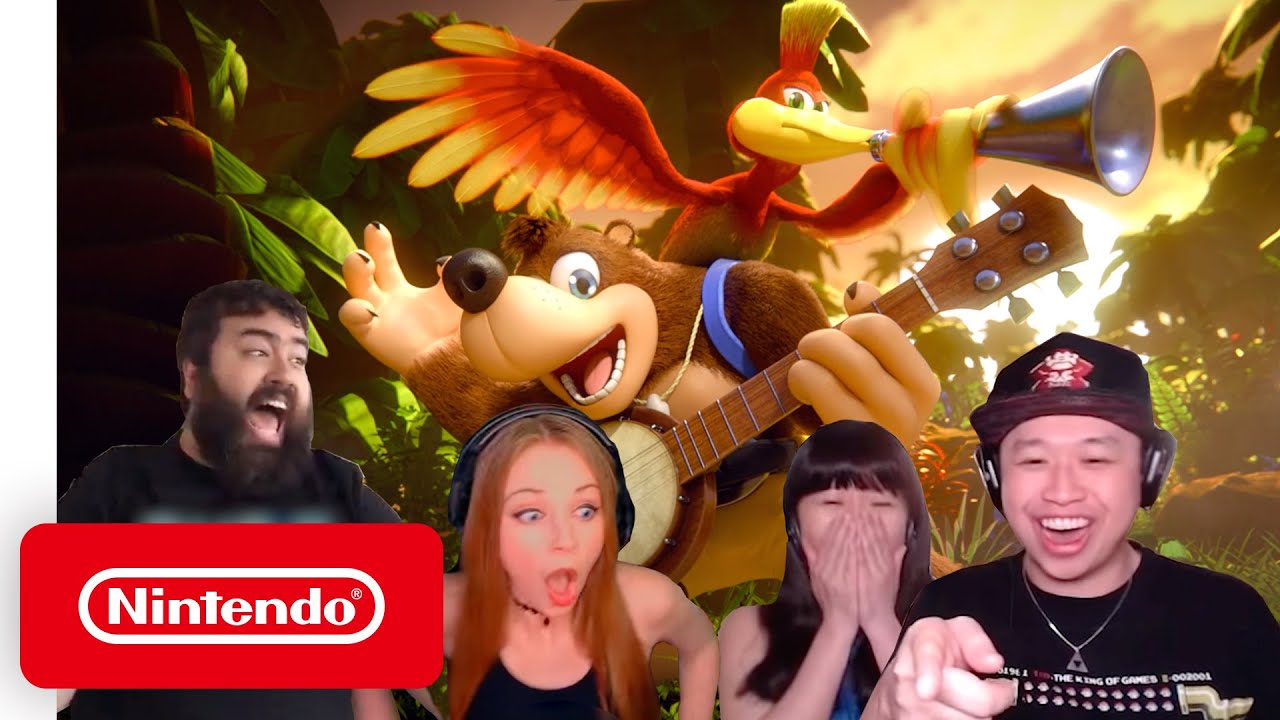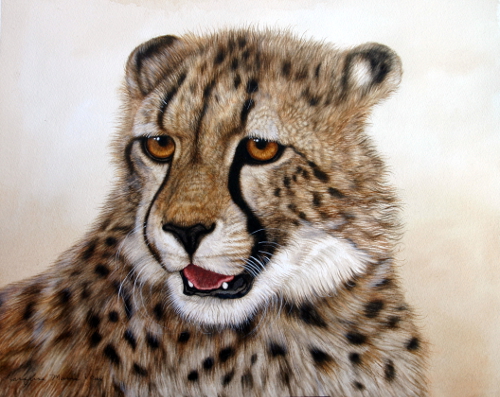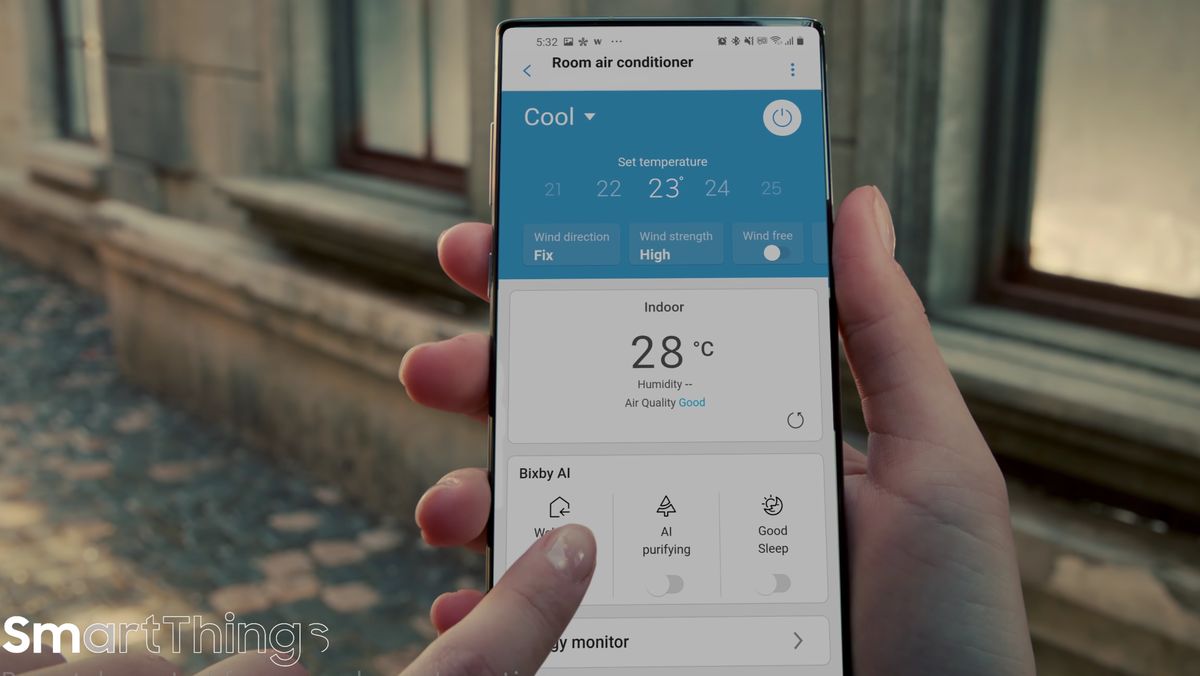6 weeks with Animal Crossing: New Horizons reveals many frustrations
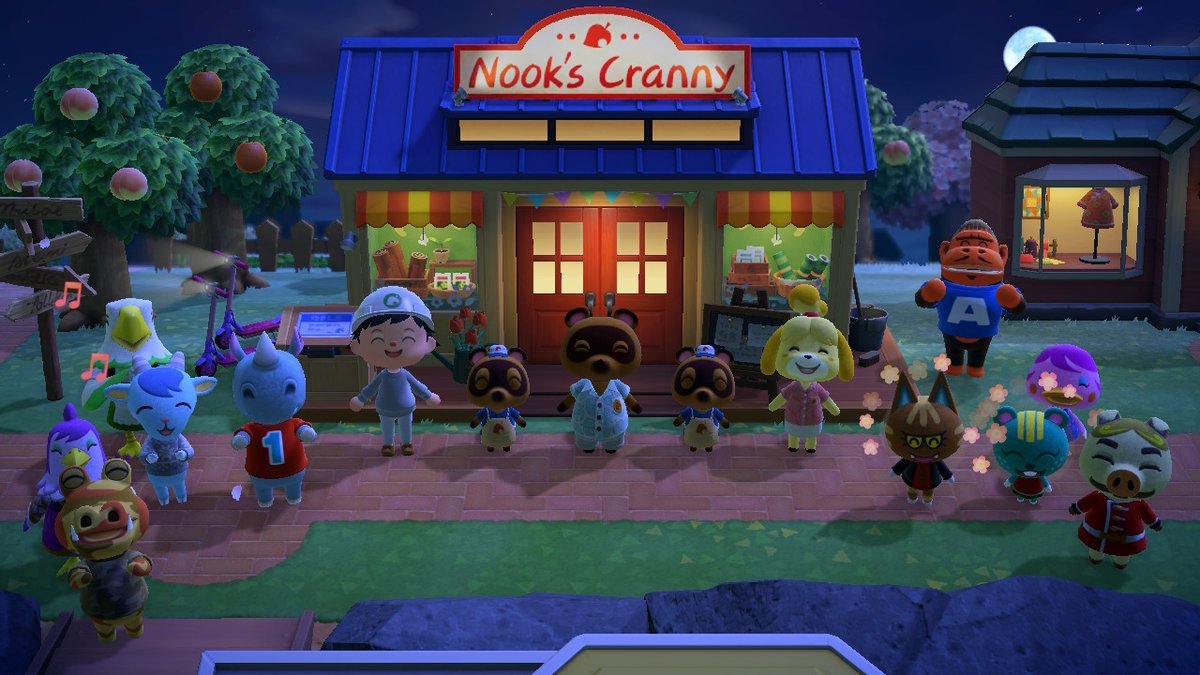
I’ve had Animal Crossing: New Horizons for six weeks. Nintendo sent me a copy for review at the end of February, and I’ve played it almost every day since then. I have more than 120 hours of playtime, according to my Switch Lite. That’s not as much as some, and that’s actually one of the problems that I’ve noticed since my review.
The issue isn’t that I haven’t played as much as others but that I feel the need to make comparison in the first place. After the initial tutorial experience, which lasts approximately two weeks of daily play, New Horizons is devoid of explicit goals. Nintendo wants players to feel free to decide what to do. And while I haven’t put much time into achieving a 5-star rating for my island, I feel more and more like I should when I see others showing off theirs on Twitter.
When I wrote my review before the public release of Animal Crossing: New Horizons, I didn’t realize just how much social media would change the way the game feels. Social channels were around in 2013, when Animal Crossing: New Leaf launched for 3DS. But they weren’t as ubiquitous. More important, it was significantly more challenging to post a screenshot from Nintendo’s dual-screen 3D portable than it is from the Switch.
Of course, that didn’t stop me:
@timturi in your house! Must’ve E3 streetpassed. #ACNL pic.twitter.com/scDHingFEl
— Jeff Grubb (@JeffGrubb) June 22, 2013
Even as the Switch makes it easier to post screenshots and clips, social media has also … I don’t want to say “hit its stride.” That implies it’s taking a jaunty stroll into the future. Social media has metastasized into more parts of our lives than ever.
And that makes it easier than ever to get the fear of missing out even in Animal Crossing.
Animal Crossing: New Horizons is different
The FOMO is not completely external to New Horizons. Vice Gaming’s Gita Jackson does a great job of explaining that here. I’m not going to restate her, so go read that as well. But I’ll add that Nintendo has made some subtle additions and tweaks to Animal Crossing’s formula that make New Horizons feel fundamentally different.
In my review, I noted that New Horizons supports longer play sessions than the early game in New Leaf. And this is generally a good thing. You can still fish, catch bugs, travel to an island for resources, and decorate your home. But now you can also collect crafting resources and DIY recipes, decorate outdoors, and complete achievement-style quests.
Or maybe you can try to get all the items during a timed event like some sad people:
37 disgusting recipes completed #AnimalCrossing #ACNH pic.twitter.com/NuDZYdmvLZ
— Jeff Grubb (@JeffGrubb) April 12, 2020
In addition to just giving players more to do, New Horizon’s additional features also change the cadence of Animal Crossing.
In New Leaf, players were pretty limited in terms of options of how to “progress.” You could upgrade your home, add to your museum, design clothing, and interact with your villagers. New Leaf’s mechanics were simpler — and I would even call them worse — than New Horizons.
But because everything was equally devoid of intrinsic rewards, many players felt they had more freedom to choose their own path in New Leaf. New Horizons, meanwhile, can often make you feel like you could be doing something more efficient with your time.
Sure, you could spend some time fishing, but you shouldn’t let the day go by without getting your mats in case you need them to get the maximum amount of bells from a hot item in the store. Or you should grind out your daily Nook Miles challenges so you can buy plenty of Nook Miles tickets to find an island with rare loot.
Don’t waste your time
New Leaf’s mechanics were more meaningless and boring. But that’s why they worked well within the structure of Animal Crossing, which is supposed to feel free of structure. It’s a paradox. But you do things in Animal Crossing because you decide they’re important even though you know they aren’t.
You can still make those choices, but in New Horizons, Nintendo has stepped in and made some choices of its own. It built progression paths with reward loops and constant feedback. And for people who grew accustomed to previous Animal Crossing games, that can feel alienating.
But New Horizons has real frustrations
With New Horizons, Nintendo addressed hurdles that prevented some people from getting into Animal Crossing. And while a list of achievements like Nook Miles demystifies the game, I’m willing to trade some of the illusion to get a more rewarding game overall.
My deeper frustrations with New Horizons don’t stem from a comparison to New Leaf. I’m still more hung up on the interface and multiplayer.
Before I get into this, I’ll admit that I just spent a lot of words critically examining Nintendo’s decisions to streamline and modernize Animal Crossing’s mechanics. Now, I’m going to beg the company to streamline and modernize its user experience. But I’ll gladly declare myself a hypocrite to not have to go through four button presses and an animation to build one DIY recipe.
I get that Nintendo wants to make Animal Crossing feel conversational, and it should maintain that when it comes to the villagers and maybe even the shopkeepers and Tom Nook. But I don’t want to have a conversation with my workbench or the airline.
Let me queue up recipes in my workbench and hook the bench into my home’s storage. When I want to go online, I get that Nintendo wants me to go the airport. But then just give me all of the options in a single menu. It’s baffling that if I choose the wrong option, I can’t just go back one menu. I instead have to start the conversation over from the beginning.
It’s infuriating.
Online multiplayer
Nintendo also needs to rework multiplayer so that it is true drop-in/drop-out. Right now, the system stops everything for more than minute when someone else joins. And it does this to ensure it can save everyone’s game to avoid item duplication and other tricks.
A better solution would be if Nintendo used dedicated servers. When a player wants to go online, spool up a server and then track everything that happens. And give us back some of our time. Then it won’t matter if someone is in a menu when a friend wants to join.
Islands and accounts
Finally, dealing with accounts are as big of a headache as I expected. Before Animal Crossing: New Horizons launched, I wrote that the game was making me anxious. Nintendo was tying an island to your console, and even moving that to a new device was going to require a separate, special system.
But now people are finding themselves in all sorts of frustrating situations. If you join a family members island as a second player, you can’t take that character or island with you if you get your own Switch. And New Horizons may make you want to do exactly that because Nintendo gives secondary players a really raw deal.
While the primary resident representative on your Animal Crossing island gets directions from Tom Nook and the power to decide where everyone goes, additional players are locked out of all that. Player 2 cannot even contribute materials to build the Nook’s Cranny store.
It feels inconsiderate of players in a way that can really sour a family’s experience with New Horizons.
Conclusion
I still love Animal Crossing: New Horizons, and I’m playing it every day. I’d also continue to recommend it to almost anyone. At this point, I’m checking in for shorter sessions. I’m also able to put aside the FOMO, and I’m also looking past any design funneling to still choose what I want to work on.
My island is still pulling me back to fill out my museum, for example. When I go into the game, I want to spend my time fishing and catching bugs. And then if I get distracted along the way … well, that’s just Animal Crossing.
But I am definitely shaping my experience in a way to avoid more frustrating elements. The online multiplayer is annoying to start and frustrating to participate in, so I’m just not using it much. I wish I could just send letters to people on my friend list, but that option doesn’t open until we also play together online. It’s yet another hurdle to enjoy the social features.
That’s OK, though. People are going to start moving on from Animal Crossing soon. And I don’t need them to catch a neon tetra.
